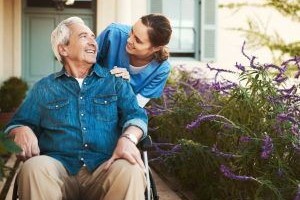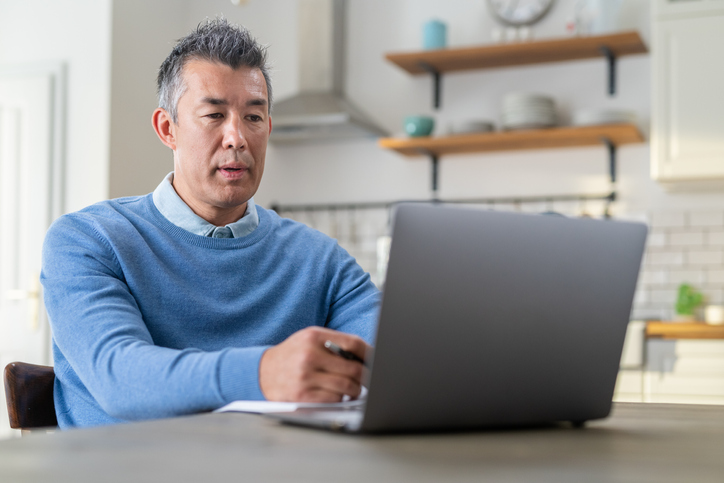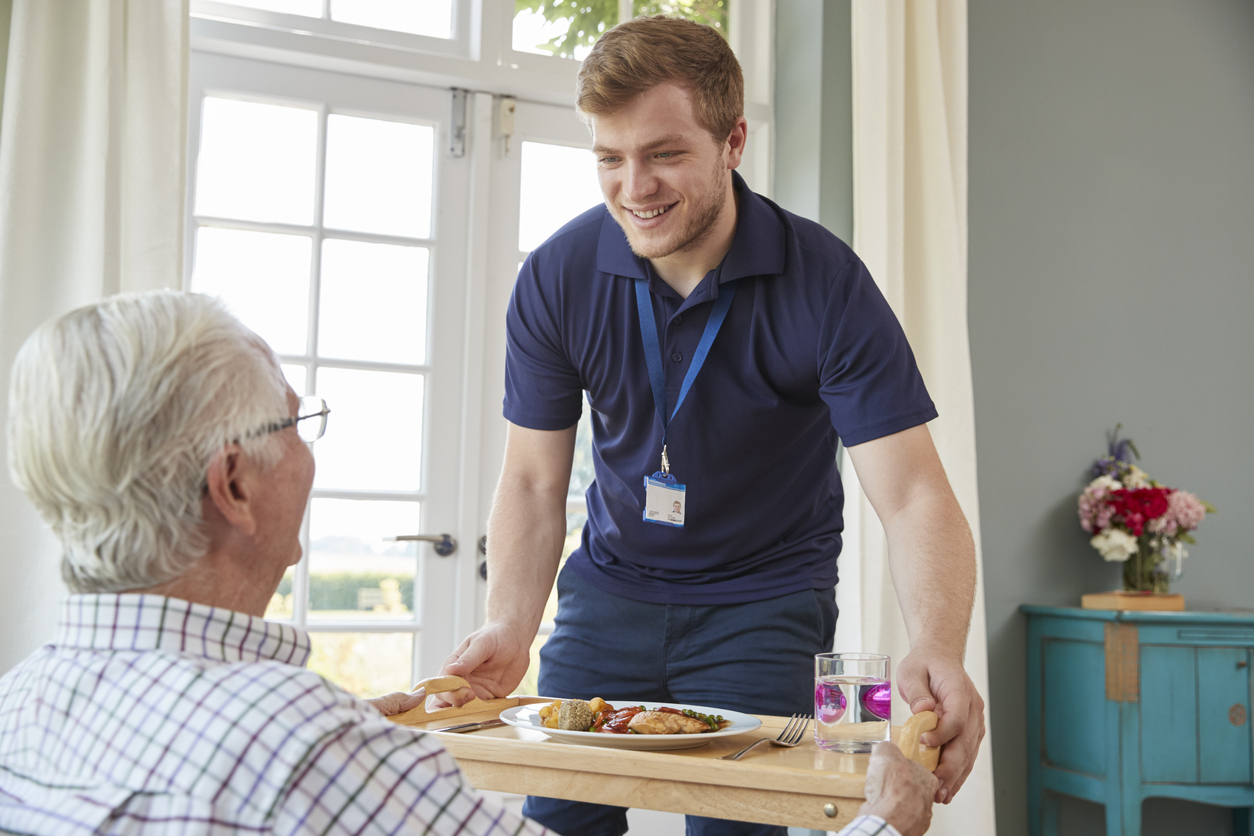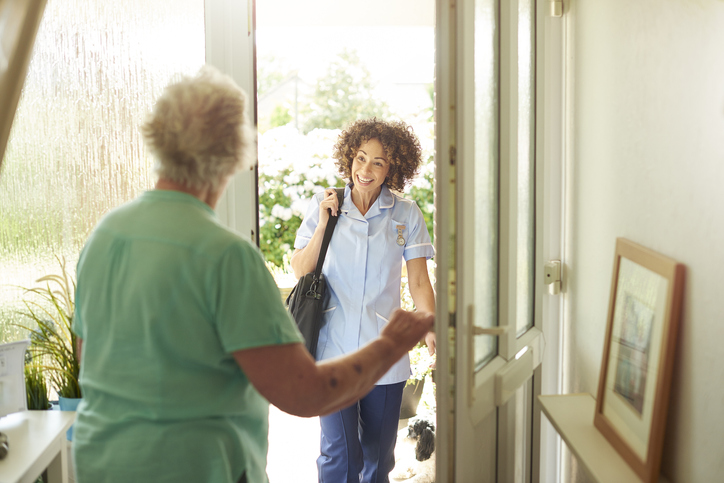Personal Independence Payment: What You Need to Know
Benefits offer a vital lifeline to people affected with disabilities, illnesses or mobility issues, providing the means to maintain a greater sense of independence and freedom. In this article, we’ll explain everything you need to know about Personal Independence Payment (PIP) and how you can claim it.
In the UK, people affected by a disability, illness, or limited mobility may be entitled to benefits from the government to improve your day-to-day life, whether that’s hiring care for your needs, or to supplement your income.
Benefits can make a huge difference to your daily life when living with a disability – providing the financial means to greater independence and freedom. In this article, we’ve explained everything you need to know about Personal Independence Payment (PIP) and how to claim it.
What are Personal Independence Payments (PIP)?
Personal Independence Payments (PIP) are welfare benefits to help with the extra costs associated with disability and long-term health conditions.
It is available to people with a long-term illness or disability, aged between 16 and 64 years of age.
It is split into two components- the daily living part (for help with day-to-day tasks) and the mobility part (for any help needed to get around). You may be eligible for one or both elements.
PIP is not a means-tested benefit, so you may be eligible regardless of any earnings, savings or capital.
If you are a carer with care needs, you may also be eligible for PIP, without your carers allowance being affected.
By the same token, if you have a carer, claiming for PIP may actually be beneficial for their claim for carers allowance, and can help both your claims for council tax relief.
Who is Eligible to Claim PIP?
The following requirements must be met in order for you to be eligible to receive Personal Independence Payments:
- Be aged between 16 – 64 years old.
- You will need to satisfy the daily living and/or mobility activities test.
- These tests must have been satisfied for at least three months and be likely to continue to do so for at least 9 months following.
- You must have no immigration conditions attached to your stay in the UK
- You must meet residence and presence conditions
If you are aged 65 or over, you will not be able to claim PIP if you have not already claimed it. Instead, you can claim Attendance Allowance. If you already receive PIP, you will continue to after turning 65.
How Much Will My Personal Independence Payment Be?
PIP has two different components:
- A mobility component
- A daily living component
These components are paid at either standard or enhanced rates. This is dependent on how severely limited you are in your ability to carry out daily living and mobility activities due to your physical or mental condition.
The daily living component aims to help with everyday activities, such as washing, bathing, dressing, preparing food and managing your medicines.
The mobility component provides support if you need help getting around- be it physically moving around, or even leaving the home. You do not need a physical disability to be eligible for this component- mental or cognitive disabilities that can impair your capacity (such as anxiety) may also be entitled.
The current 2022 Personal Independence Payment rates are:
Daily living part: £61.85 (lower weekly rate) £92.40 (higher weekly rate)
Mobility part: £24.45 (lower weekly rate) £64.50 (higher weekly rate)
Your entitlement is based on how your condition affects your life, not the condition itself.
If you have a terminal illness and are not expected to live for more than six months, you should automatically receive the highest band of daily living benefits (the mobility part will depend on any level of help you need in this regard).
Is My Eligibility Affected If I Receive Other Benefits?
Receiving other benefits will not impact your eligibility for PIP, except for the following exclusions:
- Armed Forces Independence Payment
- Constant Attendance Allowance (you will be entitled to less of the daily living component)
- War Pensioners’ Mobility Supplement (will affect the mobility part but you will still be able to get the daily living component)
How to Make a Claim
To make an initial claim for PIP, you will need to call the Department for Work and Pensions on 0800 917 2222.
During this phone call, you will need to provide the following information:
- Full name and date of birth
- Address
- Phone number
- National Insurance number
- Bank or Building Society details
- GP details
- Information about any recent hospital stays, care homes or hospices
- Any time that you have spent out of the country
- Your nationality and immigration status
What happens then?
- After providing your initial information, you’ll be sent a “How Your Disability Affects You” form to complete.
- You will then be asked to attend an in-person medical assessment. (It is useful to bring any relevant supporting evidence from your GP or health worker).
- You will then receive a letter with a decision based on your information and assessment. If eligible, this will include the level of support which you can access and when future reviews of your condition will be made.
Can I challenge the decision?
Yes, if you disagree with the decision, you may ask for a mandatory reconsideration to review your case. If this is the case, it is advisable to write to the DWP within a month of receiving your decision.
If you again disagree with this review, you can ask for a tribunal (again, preferably, within one calendar month of the decision).
What if my circumstances change?
If your circumstances change- including moving home or changes in your condition- you are obligated to notify the PIP team on 0800 917 2222. Failure to do so may result in penalties or, in extreme cases, legal action.
Get a quote for Carers Insurance or Mobility Scooter insurance today to stay covered in your daily life.







